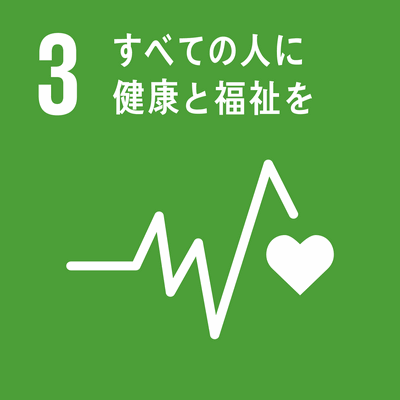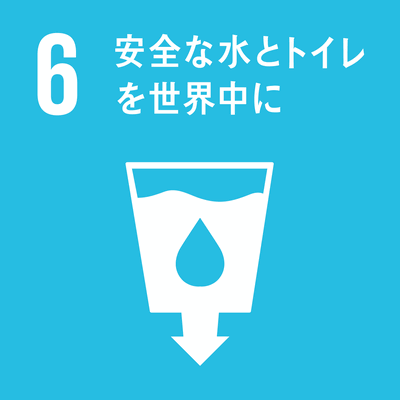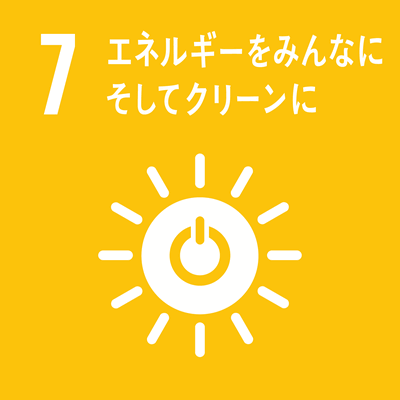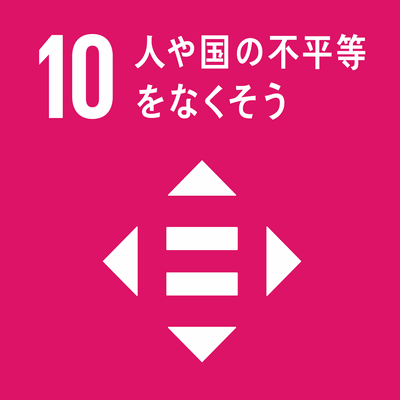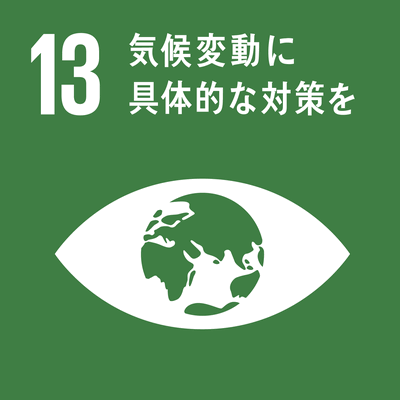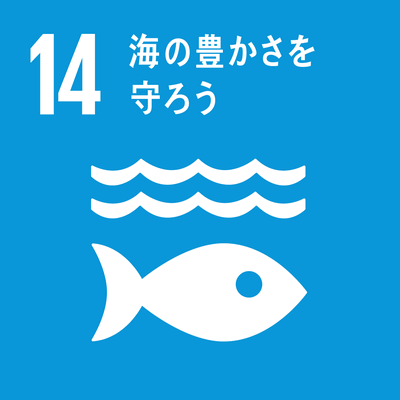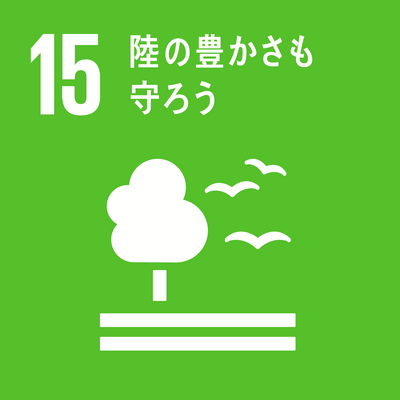シラバス表示
シラバスの詳細な内容を表示します。
→ 閉じる(シラバスの一覧にもどる)
科目の基本情報
| 開講年度 | 2024 年度 | |
|---|---|---|
| 開講区分 | 国際交流センター(国際キャリアアップコース) | |
| 受講対象学生 |
学部(学士課程) : 1年次, 2年次, 3年次, 4年次, 5年次, 6年次 大学院(修士課程・博士前期課程・専門職学位課程) : 1年次, 2年次 大学院(博士課程・博士後期課程) : 1年次, 2年次, 3年次, 4年次 |
|
| 選択・必修 | ||
| 授業科目名 | 環境問題と社会A | |
| かんきょうもんだいとしゃかいえー | ||
| Environmental Issues and the Society A | ||
| 単位数 | ※ 単位 | |
| ナンバリングコード | ||
| 開講学期 |
前期 |
|
| 開講時間 |
水曜日 5, 6時限 |
|
| 授業形態 |
対面授業 * 状況により変更される可能性があるので定期的に確認して下さい
「オンライン授業」・・・オンライン会議ツール等を利用して実施する同時双方向型の授業 |
|
| 開講場所 | 国際交流センター 演習室3・4(総合研究棟Ⅱ2階) | |
| 担当教員 | ロベル・アダム・ザッカリー(非常勤講師) | |
| Lobel, Adam Zachary | ||
| SDGsの目標 |
|
|
| 連絡事項 | * 状況により変更される可能性があるので定期的に確認して下さい |
|
学修の目的と方法
| 授業の概要 | We will explore the environment, focusing on ecosystems and society's relationship with our planet. Key topics include global warming and climate change, emphasizing adaptation and mitigation strategies, as well as biodiversity and the sustainable use and regeneration of natural resources. Additionally, we will examine political and social issues related to the environment, drawing on examples from Japan and globally. |
|---|---|
| 学修の目的 | The goal is to deepen our understanding of environmental issues, study diverse ways of looking at reality, and grasp fundamental concepts related to the subject. We will engage in discussions about environmental challenges, drawing on examples from Japan and around the world. |
| 学修の到達目標 | The primary objective of this course is to study contemporary and historical environmental issues worldwide, utilizing various scientific and social sources. The course aims to deepen our shared understanding, foster critical thinking, and encourage a cooperative spirit rooted in a sense of responsibility towards the environment, ecosystems, and well-being. |
| ディプロマ・ポリシー |
|
| 成績評価方法と基準 | 100 total points: 1st assignment (20 points), 2nd assignment (30 points), 3rd assignment (30 points), class attendance (20 points). Students who miss 1/3 or more of classes will not receive credit. |
| 授業の方法 | 講義 演習 |
| 授業の特徴 |
問題自己設定型PBL プレゼンテーション/ディベートを取り入れた授業 グループ学習の要素を加えた授業 地域理解・地域交流の要素を加えた授業 教員と学生、学生相互のやり取りが、ほぼ英語で進められる授業 |
| 授業アンケート結果を受けての改善点 | |
| 教科書 | Materials will be indicated or provided by the instructor in due time. |
| 参考書 | ・Big World, Small Planet: Abundance within Planetary Boundaries, Johan Rockström, Mattias Klum, Peter Miller - Yale University Press (2015) ・This Changes Everything: Capitalism vs. The Climate, Naomi Klein ― Simon & Schuster (2014) ・Freedom in the Anthropocene. Twentieth-century helplessness in the face of climate change, Melathopoulos, Andony; Stoner, Alexander M. ―Palgrave Macmillan (2015) |
| オフィスアワー | Wednesdays after class. Anytime via email. |
| 受講要件 | This class, conducted in English and utilizing English-language materials, will also incorporate film and music to enrich our curriculum, offering a dynamic and inclusive learning atmosphere. Reading, writing, and speaking in English remain core requirements, yet these diverse media will deepen our exploration and understanding. While a TOEIC score of 600 or equivalent is helpful, enthusiasm and a commitment to growth are most valued. Together, we'll foster a supportive environment where every student can thrive. |
| 予め履修が望ましい科目 | |
| 発展科目 | |
| その他 |
This class is conducted in English. このクラスは英語で実施されます。 |
授業計画
| MoodleのコースURL |
|---|
| キーワード | 環境、エコシステム、持続可能性、自然資源、再生型、汚染、気候変動、カーボンニュートラル |
|---|---|
| Key Word(s) | Environment, Ecosystem, Sustainability, Natural Resources, Regenerative, Pollution, Climate Change, Carbon Neutrality |
| 学修内容 | Class 1: Intro to Environmental Issues & Society Class 2: Anthropocene: The Era of Mankind Class 3: Global Society, Global Issues Class 4: Food Security: The Case of Minamata Class 5: Ethics Around Environmental Issues Class 6: Sustainability, Planetary Boundaries & the Regenerative Movement Class 7: Climate Change and Endangered Biodiversity Class 8: Laudato si': The Pope’s Encyclical about “Our Common House” Class 9: Transforming AFOLU for a Sustainable Future Class 10: Ecosystem Services in the Kushiro Wetlands Class 11: Global Perspectives on Development and Environment Class 12: Activism and Other Measures Towards International Cooperation Class 13: Water Resources: Global Cycles, Human Impact, and Conservation Class 14: Synthesis: Integrating Knowledge and Action Class 15: Final Presentations: Student Reflections and Future Commitments |
| 事前・事後学修の内容 | Prior to the following week’s class, students will be assigned various prep work assignments, including reading of articles. It is expected that students will spend from one to three hours per week on these prep work assignments. Additional study time may be required depending on the student’s language capabilities. |
| 事前学修の時間:120分/回 事後学修の時間:120分/回 |
